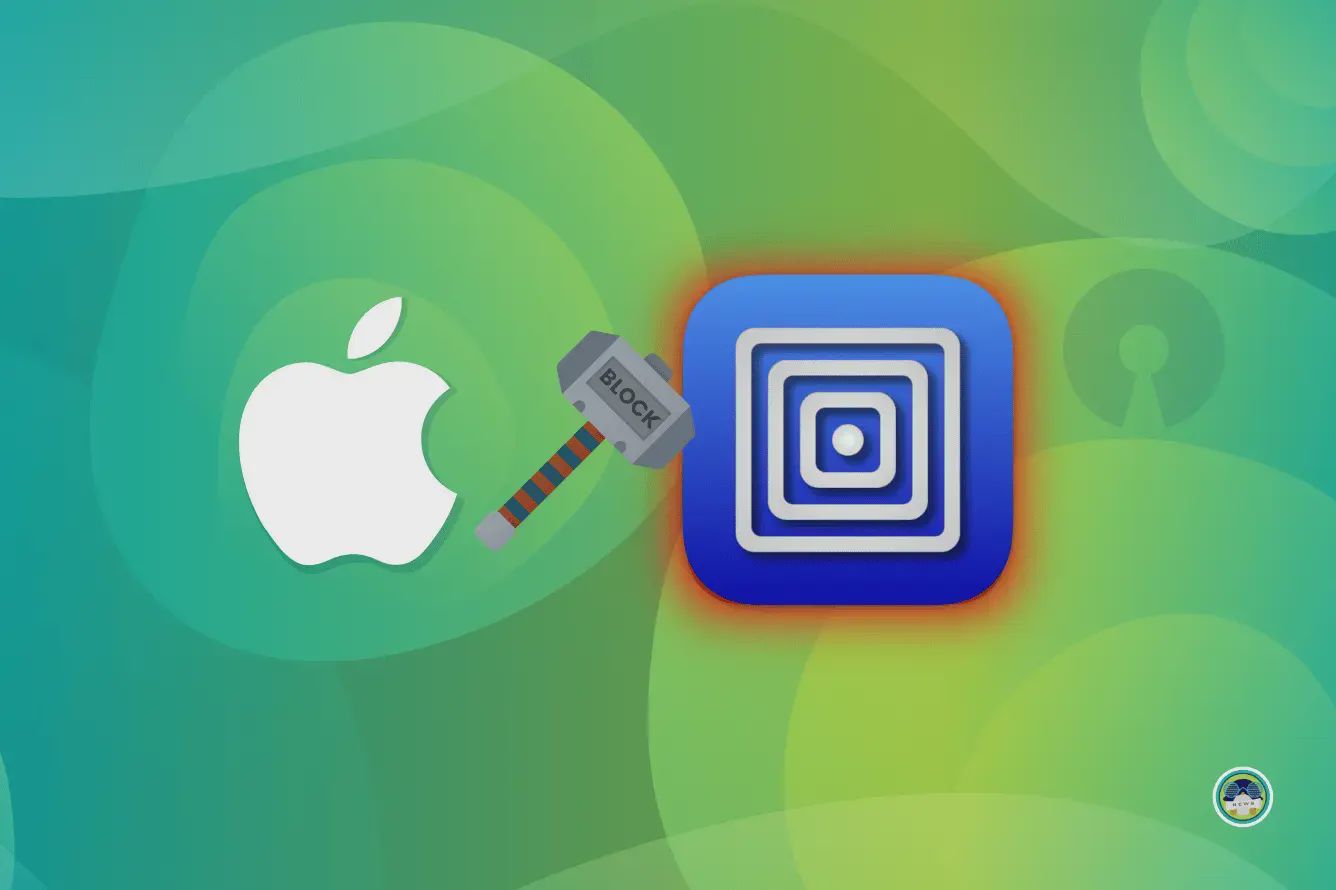from tardigrada@beehaw.org to technology@beehaw.org on 18 Jun 2024 18:26
https://beehaw.org/post/14517151
Apple has a long-running history of guarding their walled garden by not allowing much interoperability with other standards that are the current norm in the industry, while also going on to reinvent, giving features a novel-sounding name.
Of course, the European Union’s Digital Markets Act (DMA) has been successful in making Apple do things that they wouldn’t ever do, if it weren’t the law to do so.
However, Apple still does its best to gate keep developers who aren’t their own, and one such recent incident caught my attention that involves their typical “my way or the highway” approach to things.
Apple Loves to Gatekeep: When Will They Stop?
Posted on X by the UTM project, they revealed that Apple rejected their application for publishing the UTM SE app after a two-month-long review process, citing that “Rule 4.7” of their App Review Guidelines didn’t apply to it.
That rule is meant to allow game emulators, mini apps, chatbots, plugins, etc. to be published on the App Store.
The developers of UTM mention that Apple even went the extra step, and disallowed the publishing of UTM SE on third-party marketplaces. They added that:
The App Store Review Board determined that “PC is not a console” regardless of the fact that there are retro Windows/DOS games for the PC that UTM SE can be useful in running.
If you are not familiar, UTM is a QEMU-powered open-source emulator/virtual machine host for iOS and macOS, a popular tool to run alternative operating systems (such as ones based on Linux, or even Windows) on Apple devices.
There’s more information in the linked article.

threaded - newest
Big companies will constantly work against open standards.
Yes, but this case here is not a problem of Open Standards. It’s misusing the power to exclude certain type of applications from the eco system. That can even happen with companies following open standards, they could still misuse their power and position to exclude what they want to, according to their policy.
Apple’s constant anti-interoperability stance is the core reason I do not and will not own their products
“The developers of UTM mention that Apple even went the extra step, and disallowed the publishing of UTM SE on third-party marketplaces.”
Apple do realize third party marketplaces can have their own rules because they are not affiliated with them right?
I believe Apple still has the power to block third party store apps based on signature. It’s a security thing to be able clean malware.
I’m sure the EU will love that bit of malicious compliance that apple have shown they will use to remove non-malware that they just don’t approve of using the same mechanism…
This is just me being pedantic, but I keep seeing this mistake when UTM is mentioned (specifically in headlines), so I feel like I have to say something:
UTM is not an emulator. It is virtual machine software that uses an emulator (QEMU) to virtualize operating systems.
The difference: emulators emulate hardware. On which, the virtualized operating systems run.